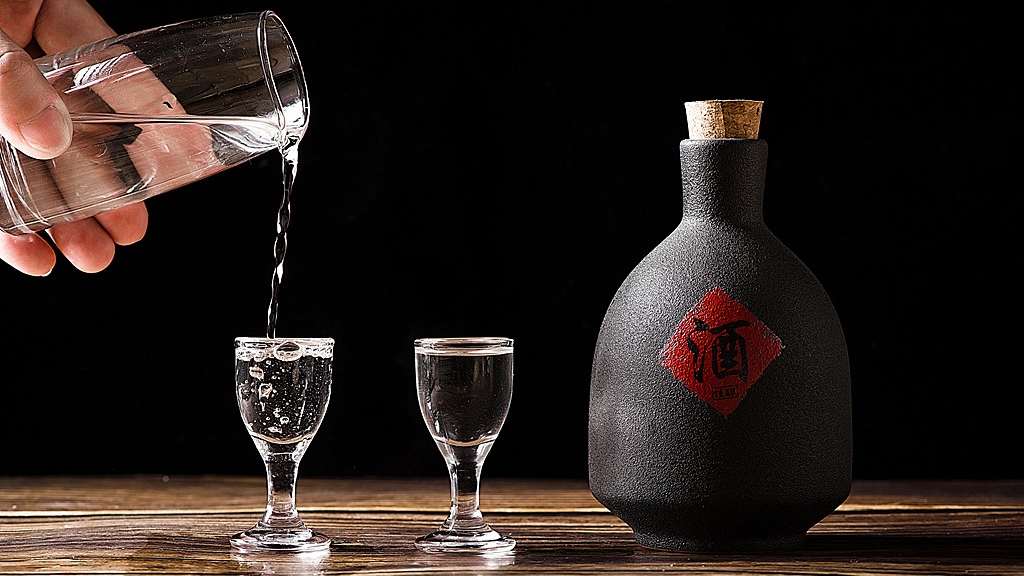White Liquor: The Soul of Chinese Spirits
White liquor, known as “baijiu” in Chinese, stands as one of the world’s oldest and most distinctive distilled spirits, with a history dating back over 2,000 years. Unlike Western liquors such as whiskey or vodka, this iconic Chinese beverage boasts a unique production process and cultural significance that deeply roots it in the nation’s heritage.

Crafted primarily from grains like sorghum, rice, wheat, and corn, baijiu undergoes a complex fermentation and distillation process. The key lies in the use of “qu,” a special fermentation starter made from mold and grains, which gives liquor its signature aromatic profile—ranging from sweet and mellow to spicy and robust. Distillation often takes place in traditional clay pots or stainless-steel vessels, and many premium varieties are aged for years in ceramic jars to enhance their flavor and depth. This exquisite craftsmanship has made Moutai, Wuliangye and other liquor brands internationally recognized and become a symbol of China’s brewing art.
Beyond its taste, white liquor plays a central role in Chinese social and cultural life. It is a staple at family gatherings, weddings, and business banquets, where toasting with white liquor signifies respect, friendship, and good fortune. In traditional festivals like the Spring Festival, families gather to share a glass, strengthening bonds and passing down cultural traditions. Furthermore, white liquor has inspired countless poems, paintings, and folk tales, and much of its cultural legacy has survived to this day, reflecting its importance as more than just a drink; it is a cultural symbol that embodies China’s values of harmony and hospitality.
In recent years, baijiu has gained growing popularity on the global stage. As international interest in Chinese culture surges, more people are exploring its unique flavors and learning about its rich history. While its high alcohol content may be intimidating at first, many come to appreciate its complexity and the cultural stories it carries. Whether enjoyed neat or as a base for innovative cocktails, white liquor continues to bridge cultures, offering a taste of China’s past and present to the world.
